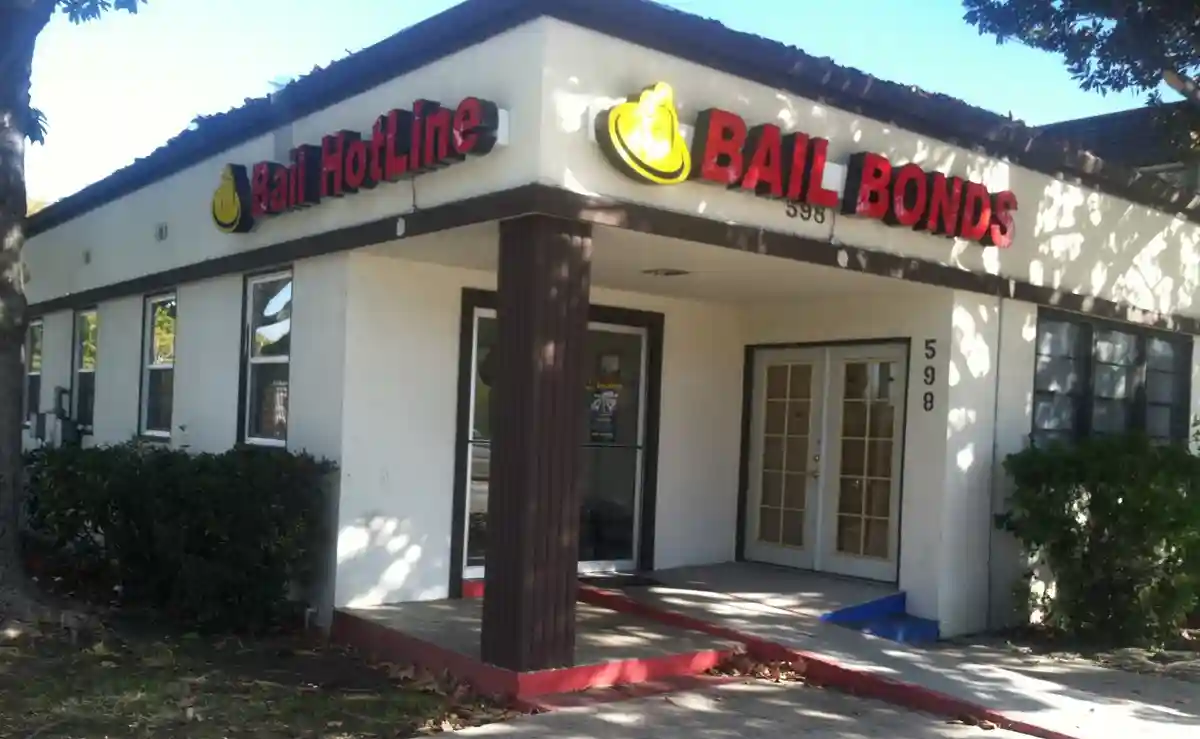
What Are the Requirements for Bail Bonds?
What conditions must be met to Bail Bonds someone out of jail? This is perhaps one of the most frequent inquiries we receive as a bail bond firm in Ventura, California. But, unfortunately, it’s uncommon for anyone you typically speak with to understand what a bail bond is or the procedures for bailing someone out. So here, we’ll provide you with all the information you’ll need in case your pal in jail calls you at two in the morning.
Here, we’ll set the scene to make the explanation as straightforward as possible. In this case, the Defendant—the person calling from prison—has spoken to a close friend, who will sign the document or provide the indemnity. Let’s first go over some of the vocabularies:
Defendant: the Prisoner. the Person Who Was Taken Into Custody
There are two different types of indemnitors. Self-indemnification is the first. At this point, the jailed offender is permitted to sign their bail. In this scenario, the bail bonds business believes that the Defendant is financially capable of supporting themselves and is responsible enough to appear in court. Second; signer or indemnitor. This occurs when a loved one or acquaintance of Defendant accepts responsibility for Defendant after Defendant has spoken with them. The Indemnitor ensures that the Defendant shows up for all court appearances until the matter is resolved. They are also responsible for covering the cost of bail bonds if they are paid in total upfront and if there is a payment schedule.
Bail Bonds Premium: A 10% fee is charged for using the services of the bail agency. For example, the premium is $1,000 for a $10,000 bond. Now that the Indemnitor receives the information from their friend in prison, they must locate a bail bonds in San Jose. They swiftly search the internet and select a few businesses to contact. Following a few discussions, it has been decided to choose company X. What am I going to need to help my pal out, the Indemnitor enquiries.
Money: Pay the premium price. Bail is set at $10k. There is a $1,000 premium. Cash, a credit card, or in some cases, financing are all acceptable forms of payment for this.
Forms: Application for bail bonds must be completed and signed. Typically an 8 1/2 by 14 legal document has numerous blank spaces that need to be filled up. The Indemnitor must offer their current address, social security number, license number, phone number, and much more information. Three times as much information will be required, including three references, four family members, Defendant’s workplace, and many other details. A defendant must provide far more details because they are crucial to determining the overall cost of the bail bond. Getting a lot of information about the Defendant is crucial because if they fail to appear in court, the Indemnitor and bail bondsman must now pay the court $10,000.
Collateral: It is unlikely that collateral will be required for a $10,000 bond. However, if the Indemnitor has poor credit, is unemployed, or exhibits other symptoms of difficulty paying back debt, collateral will undoubtedly be required. Acquiring some sort of collateral is necessary when the bail amount is $25,000 or more. A piece of real estate with more equity than the bail amount makes for good collateral. A subpar vehicle is like a pink slip with questionable equity.
Good Credit: If someone has good credit, you may be able to post bail for them even if it exceeds $50,000. But at $10,000, you will most definitely be able to move fast through the bail bonds process if you have good credit and the $1000 premium, and your friend will be released soon.
If you’re looking for a Ventura bail bondsman to free your friend who contacted you at 2 am on a Saturday, that should be all the information you need. With money, collateral, good credit, and a willing bail agent, it’s a good idea to familiarize yourself with the bail bonds sector and how things work there. Furthermore, you are strongly advised to consider a company’s reputation while looking for one to work with. The bail bonds industry, for some reason, has its fair number of dubious businesses, and being familiar with the sector will help you weed out the bad apples.
Do your standard due diligence, such as checking the Better Business Bureau and the California Bail Agents Association, to ensure that the agents are licensed and that their licenses are in good standing. These actions must be taken immediately. Do your research and make calls as well. You can determine who you wish to partner with by calling at least three companies. Don’t only contact the businesses listed at the top of Google; instead, dial a few smaller businesses. After that, base your decision on credibility and gut feeling.
